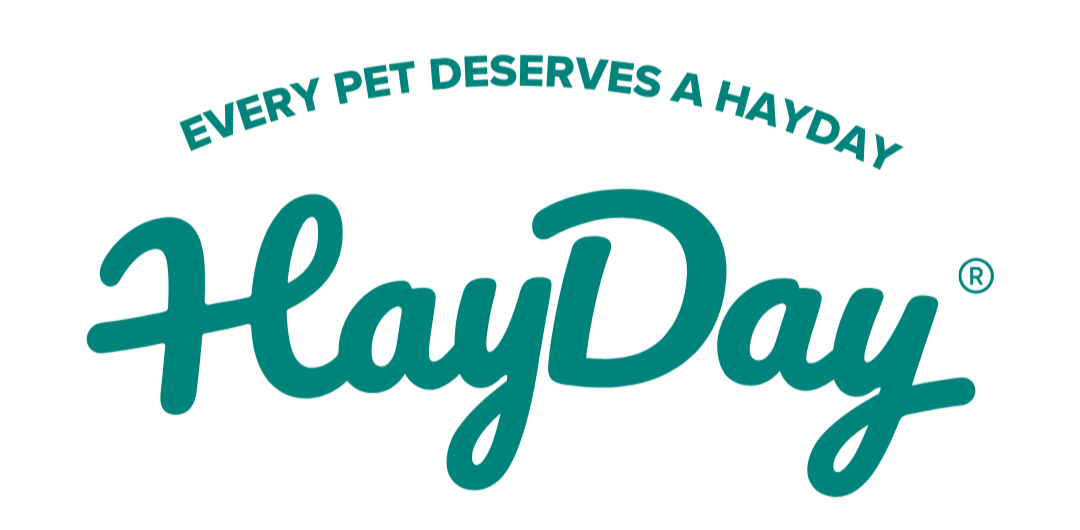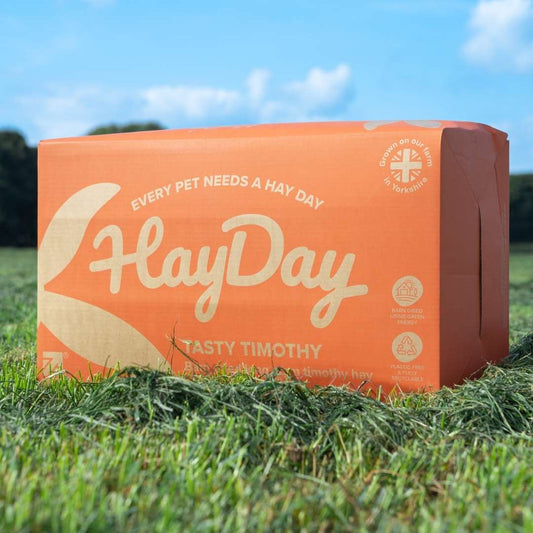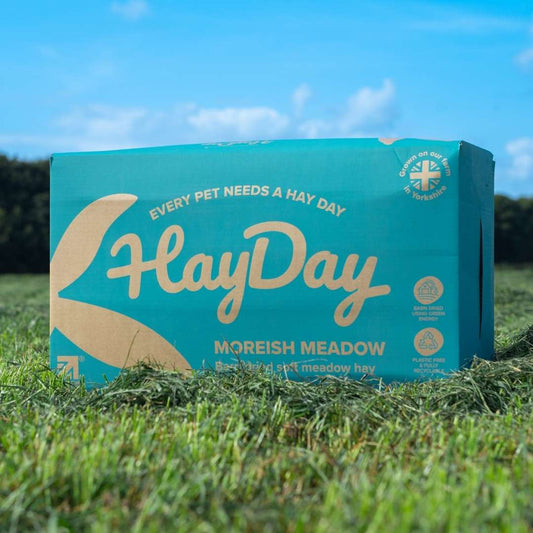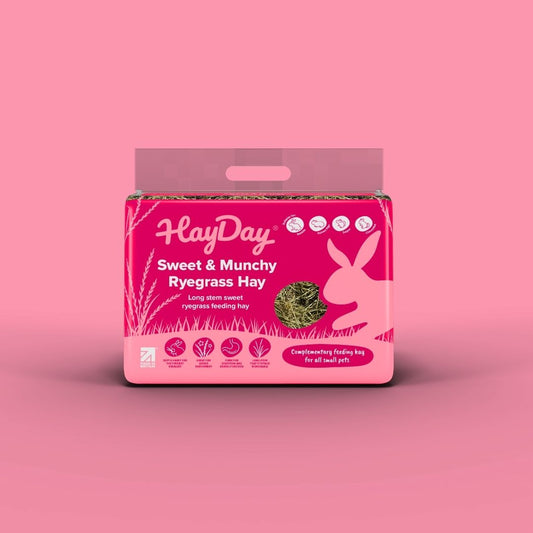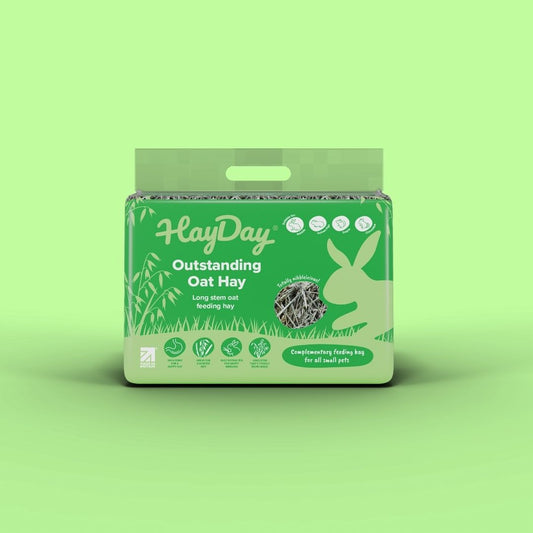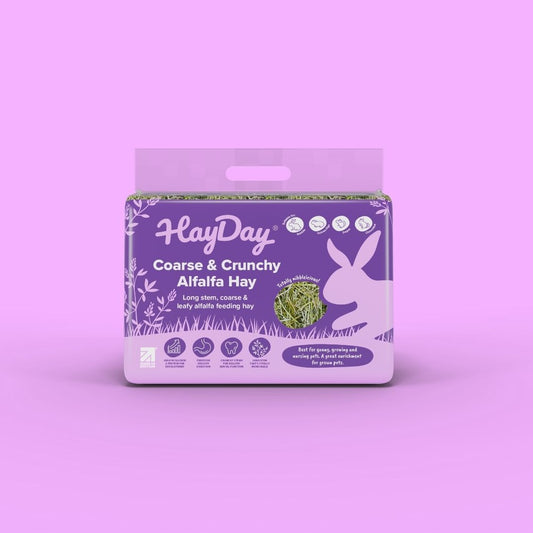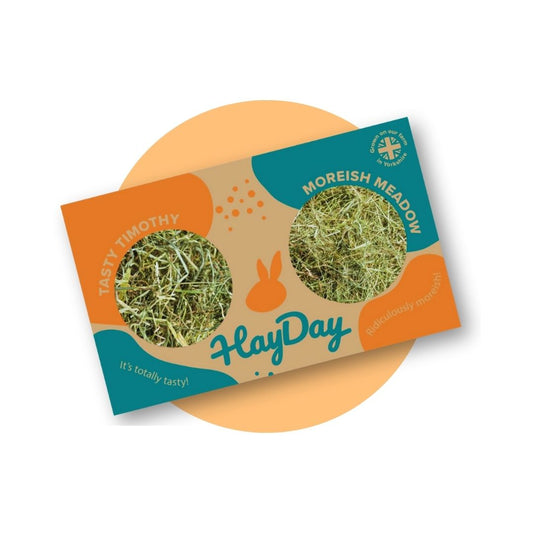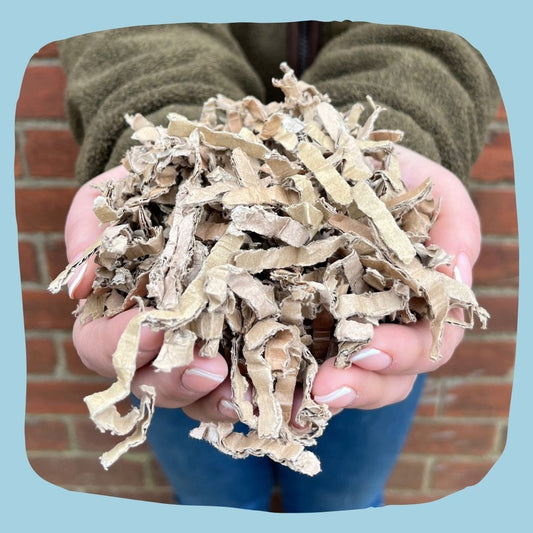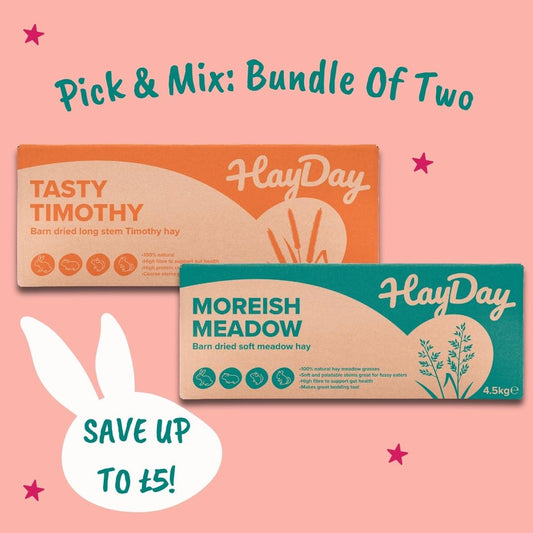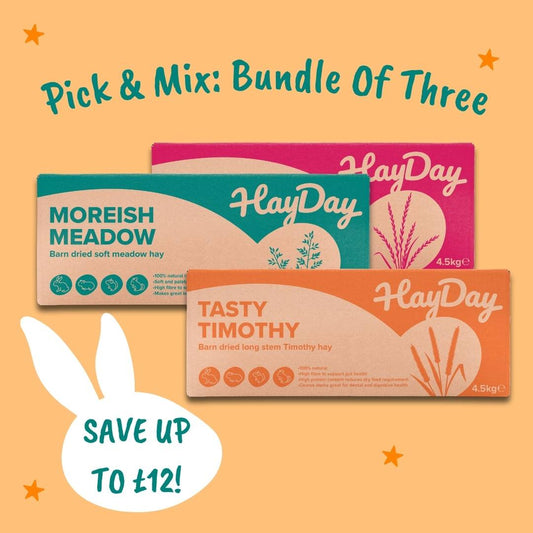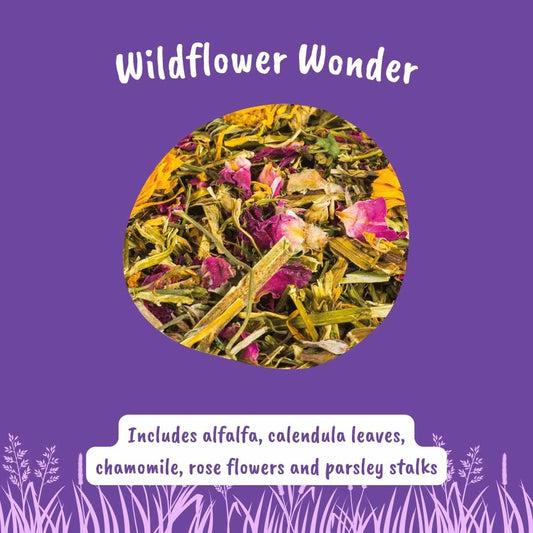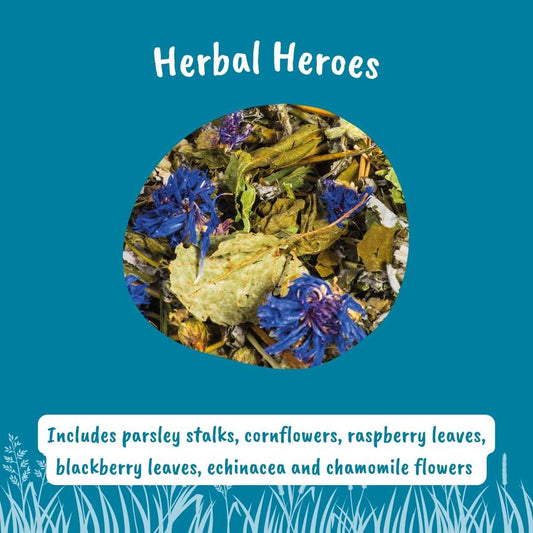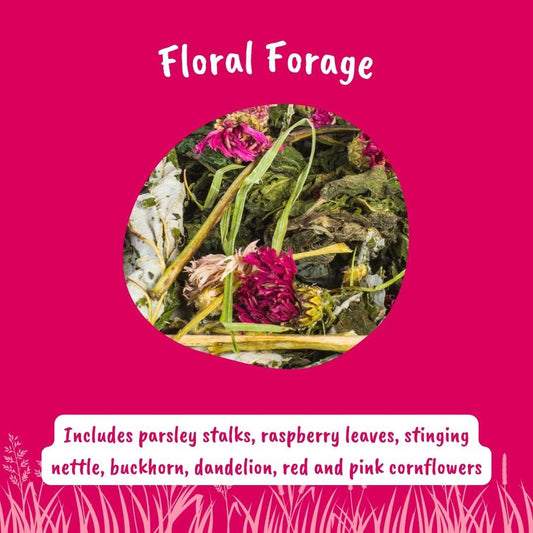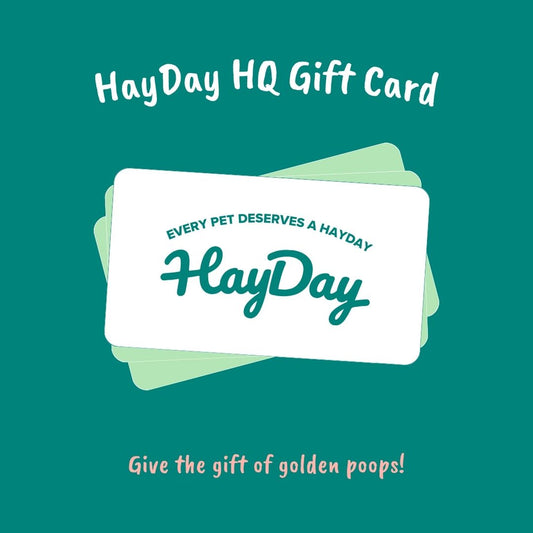-
View product
Tasty Timothy Hay
Regular price From £6.99 GBPRegular priceUnit price per -
View product
Moreish Meadow Hay
Regular price From £6.99 GBPRegular priceUnit price per -
View product
Sweet & Munchy Ryegrass Hay
Regular price From £6.99 GBPRegular priceUnit price per -
View product
Outstanding Oat Hay 1kg
Regular price £6.99 GBPRegular priceUnit price per -
View product
Coarse & Crunchy Alfalfa Hay 1kg
Regular price £6.99 GBPRegular priceUnit price per -
View product
Hay Taster Pack
Regular price £4.99 GBPRegular priceUnit price per -
View product
Bouncy Eco-Bedding 3.2kg
Regular price £11.99 GBPRegular priceUnit price per -
View product
Pick & Mix: 2 x Hay Boxes
Regular price From £12.58 GBPRegular priceUnit price per£13.98 GBPSale price From £12.58 GBPSale -
View product
Pick & Mix: 3 x Hay Boxes
Regular price From £18.45 GBPRegular priceUnit price per£20.97 GBPSale price From £18.45 GBPSale -
View product
Wildflower Wonder 70g
Regular price £4.99 GBPRegular priceUnit price per -
View product
Herbal Heroes 70g
Regular price £4.99 GBPRegular priceUnit price per -
View product
Floral Forage 70g
Regular price £4.99 GBPRegular priceUnit price per -
View product
HayDay Gift Card
Regular price From £5.00 GBPRegular priceUnit price per -
View product
Donate Hay to Rescues
Regular price From £2.50 GBPRegular priceUnit price per
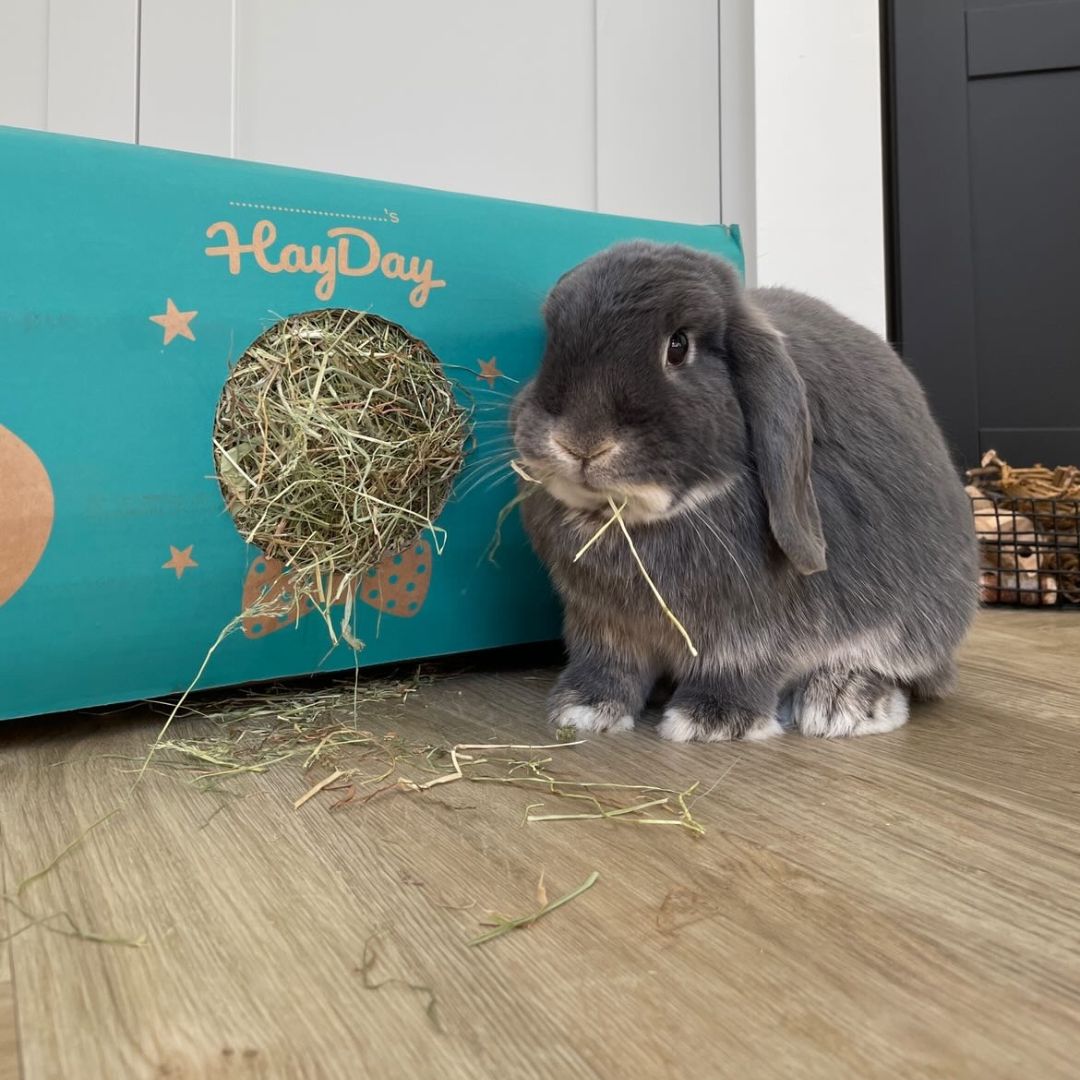
High Quality and Highly Nutritious Hay for Small Pets
HayDay started on our family farm in Yorkshire by ourselves: self confessed grass enthusiast brothers, Tom and Mike. With over 10 years experience, we understand the perfect grass mixes for the health and wellness of your small pets.
We can barn dry the hay right here on our farm in Yorkshire using green energy (so we don’t have to rely on the British weather!) so you can rest assured your hay will be premium quality every time. We are champions of our environment and have initiatives to reintroduce hedgerows and wildflowers and are constantly improving our farming practices.
We’re sure your small pets will be just as hopping mad for our hay as we are…let us know! And don’t forget to send us photos of the famous golden poops our hay is known for - the best poops win!
